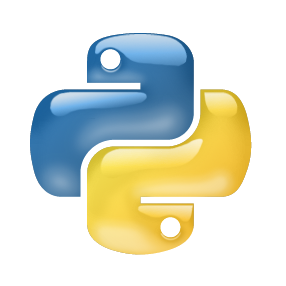Studying the vocalisations of wild animals can be a challenge due to the limitations of traditional computational methods, which often are time-consuming and lack reproducibility. Here, I present pykanto, a new software package that provides a set of tools to build, manage, and explore large sound databases. It can automatically find discrete units in animal vocalisations, perform semi-supervised labelling of individual repertoires with a new interactive web app, and feed data to deep learning models to study things like individual signatures and acoustic similarity between individuals and populations. To demonstrate its capabilities, I put the library to the test on the vocalisations of male great tits in Wytham Woods, near Oxford, UK. The results show that the identities of individual birds can be accurately determined from their songs and that the use of pykanto improves the efficiency and reproducibility of the process.
翻译:由于传统计算方法的局限性,研究野生动物的发声可能是一项挑战,因为传统计算方法往往耗费时间,缺乏可复制性。在这里,我介绍一个新的软件包Pykando,这个软件包提供了一套建立、管理和探索大型健全数据库的工具。它可以在动物发声中自动找到离散的单元,用新的交互式网络应用程序对个体拼图进行半监督标签,并将数据输入深层学习模型,以研究个体特征和个人与人群之间的声学相似性。为了展示它的能力,我让图书馆测试英国牛津附近的Wytham Woods的雄性大胸部的发声。结果显示,单个鸟类的身份可以从他们的歌曲中准确确定,使用pykandto可以提高过程的效率和再生能力。




